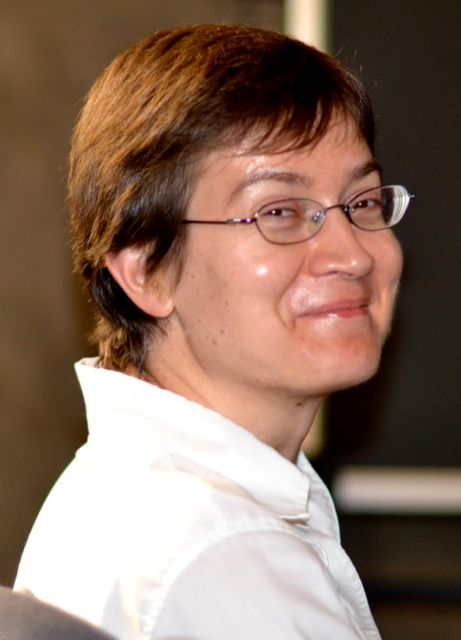- Curriculum
-
Maria Paola Bonacina conducts research in symbolic reasoning, a field of artificial intelligence concerned with enabling computers to reason, not necessarily by imitating natural intelligence, but rather in their own way. Maria Paola's primary area is automated reasoning, where a reasoning tool is expected to produce solutions also without frequent user interaction, and logico-deductive reasoning, where logic is the representation language and deduction is the main computational mechanism. Automated reasoning has numerous applications, including the analysis, verification, and synthesis of hardware and software systems and protocols, planning, natural language understanding, computer mathematics, and education in computer science and mathematics. Automated reasoning is connected with several other fields of computer science, such as machine learning, and symbolic computation. Maria Paola's research topics include:
- Decision procedures for satisfiability modulo theories and assignments (SMT, SMA) based on conflict-driven reasoning (CDSAT), or speculative inferences (CDCL(Gamma+T), or generic inferences for theorem proving (superposition);
- Automated theorem proving based on conflict-driven reasoning (SGGS) or ordering-based inference systems (superposition);
- Interpolation of proofs for invariant generation or refinement abstraction in model checking;
- Parallelization of automated reasoning by parallel search;
- Machine-independent evaluation of strategies and strategy analysis for automated theorem proving.
Maria Paola publishes research papers in international journals that cover automated reasoning, symbolic computation, artificial intelligence, and computational logic (e.g., Journal of Automated Reasoning, ACM Transactions on Computational Logic, Journal of Logic and Computation, Journal of Symbolic Computation, Information and Computation). She regularly presents papers or serves on the Program Committee of conferences such as the International Conference on Automated Deduction (CADE), the International Joint Conference on Automated Reasoning (IJCAR), and several others mostly under the umbrella of the Federated Logic Conference (FLoC).








 bonacina
bonacina univr
univr

